Putin feared Navalny as activist revealed the corruption of Russia
Anti-corruption campaigner whose outspoken charisma and sharp tongue made him the most prominent face of Russian opposition to President Putin.
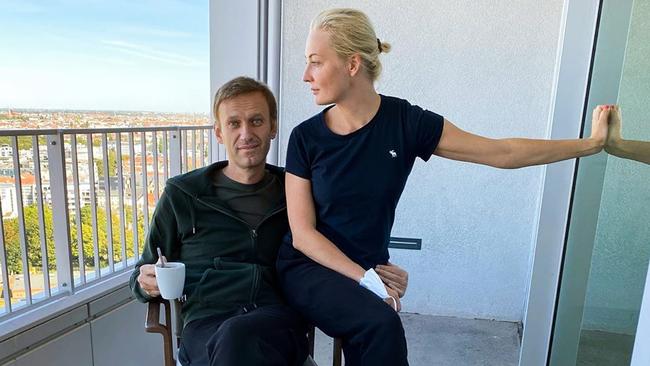
OBITUARY
Popularly known as “the man Putin fears most”, Alexei Navalny took the inconveniences that came with that status in his stride – until he announced in August 2020 that he had been poisoned.
He was on a flight from Siberia to Moscow when he began to feel unwell. Sweating and disorientated, he collapsed in the aisle, prompting the pilot to make an emergency landing in the city of Omsk. Navalny had been exposed to the deadly nerve agent novichok, and phone and travel records later published by independent investigators would implicate a Kremlin hit squad. After five months recovering in Berlin, his return to Moscow and immediate arrest on January 17, 2021, triggered weeks of mass protests, with thousands of his supporters detained by police.
Having established himself as his country’s chief whistleblower on corruption, Navalny had grown accustomed to living in a kind of stand-off with the authorities, able to live most of the time in what passed for relative normality in Vladimir Putin’s Russia. “Of course, my phone calls are listened to, the office is bugged … but it doesn’t have such an invasive or annoying character,” he said in one interview. “In principle, you can live with this. I’ve got used to it.”
Weeks before he was poisoned, Navalny spoke out publicly against the vote on constitutional amendments that took place in July 2020. The reforms included an amendment allowing Putin to serve another two terms of office until 2036. Navalny called the amendments “a big lie” and a “violation of the constitution”. After years of dealing with periodical arrests and detainment, having his phone calls listened to and his office bugged, it seemed, in the eyes of many, that Navalny had overstretched himself.
In truth he had been a marked man for nearly a decade. In July 2012 Navalny had reported to his online followers that he was being followed by no fewer than four unmarked Russian police cars, containing 10 policemen. It was an intimidating display of paranoia by Putin’s government, which had, in public, attempted to ignore the anti-corruption campaigner and his supporters or dismiss them as insubstantial, not worthy of serious political attention; Putin barely mentioned Navalny’s name.
With characteristically defiant humour, Navalny speculated about why the usual two police cars were not enough. What was clear was the government’s fear of Navalny’s outspoken charisma and sharp tongue. He condemned Putin as “a small cowardly jackal”, and his political party as “crooks and thieves … sucking the blood out of Russia”. His relentless exposure of corruption and devoted following among younger urban Russians in particular – cultivated through his canny use of street politics and social media – made him the most famous activist in the country.
Navalny became used to repeated arrest and, he believed, regular poisoning attempts by the authorities and their agents. While his followers remained devoted, and helped to subvert the authorities’ efforts to silence him, his attempts to achieve political power were thwarted because he was banned from taking part in presidential elections. What he constantly showed, as he reminded his followers, was that there was an opposition despite Putin’s apparent near monopoly on power. “You told them that you exist,” he once told a cheering crowd. “They can hear that, and they are afraid.”
There was little in Navalny’s early life to suggest a career in the political limelight. He was born Alexei Anatolievich Navalny in 1976, the son of an army officer, Anatoly Navalny, from Ukraine and a Russian mother, Lyudmila Navalnaya, who worked as a microelectronics laboratory assistant. He lived as a child in closed military towns around Moscow. After the collapse of the Soviet Union his parents owned a basket-weaving factory in the village of Kobyakovo, Moscow Oblast. He and younger brother Oleg would spend summers with their grandmother near Kyiv.
In 1998 he graduated from the People’s Friendship University of Russia in Moscow with qualifications in law and also, more unusually, specialist financial studies. He became politically active with the liberal Yabloko party but rowed with its leadership and seemed to be drawn to a more nationalistic politics, championing the rights of ethnic Russians and consistently making pronouncements about tighter controls on immigrants.
What would really make Navalny’s name, and focus his political direction, was his growing interest in corruption and what had been happening to big Russian businesses since the end of state control with the collapse of the Soviet Union.
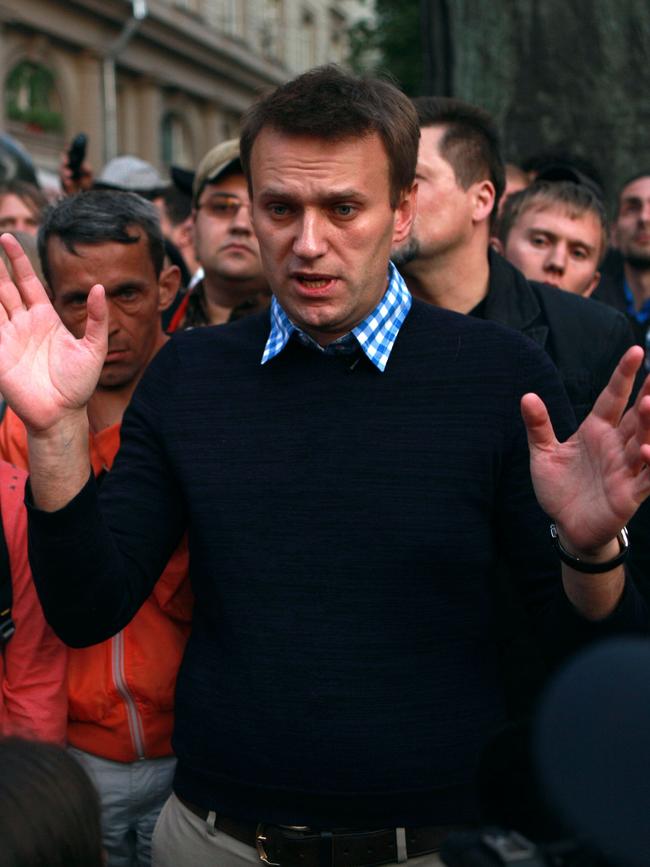
Armed with expertise from a course in securities and exchanges at the Finance University under the government of the Russian Federation, Navalny acquired stakes in several big banks, oil and gas companies, including Rosneft and Gazprom, and other enterprises that entitled him to receive official company information, which he then used to trace exactly who was profiting most. He accused executives from Transneft, for example, a previously state-owned pipeline company, of siphoning off more than $5bn.
By now he had the safety of a wife and two children to worry about, as well as his own. He had married Yulia Navalnaya, an economist who survives him, along with daughter Daria, who is studying at Stanford University, and son Zakhar, who is still at school.
From 2008, he exposed corruption in his blog, LiveJournal, and in 2010 he recruited young lawyers to found the website RosPil – from the Russian word pilit, meaning to saw off (a piece of the action) or misappropriate funds, revealing how inflated government contracts provided kickbacks to officials. Activist shareholders were encouraged by Navalny’s work to challenge and sue corrupt managers and owners. “Everyone says corruption is everywhere,” he said in an interview. “But for me it seems strange to say that and then not try to put the people guilty of that corruption away.”
The majority of the mainstream Russian media, more or less slavishly following the government line, did their best to ignore Navalny and his message. Yet his popularity spread through his website and its slick videos appearing on YouTube (on which he had 6.5 million subscribers) and elsewhere, which featured footage and documents backing his claims of state-sponsored corruption.

One film released in March 2017, based on investigations by Navalny’s Anti-Corruption Foundation, was the documentary Don’t Call Him Dimon, accusing Dmitry Medvedev, the former prime minister and president of Russia, of corruption. Another, released in early 2021, claimed Putin had built his own palace on the Black Sea that was complete with golden toilet brushes.
All was sustained by energetic supporters donating or selling T-shirts picturing Navalny. His direct, pithy, often amusing language was admired by almost three million followers on Twitter/X, as were his forensic style of investigation and lurid examples of the corrupt Russian super-rich with their luxury properties in London or Paris, yachts and designer watches.
The anger Navalny’s revelations generated fed into the anti-government demonstrations that gripped Russia in 2011-12, which made him a much more threatening figure in the Kremlin’s eyes. Navalny seemed to relish these gatherings. However, some feared the adulation of ever larger crowds encouraged him to use rhetoric that would push Putin’s patience too far.
Brandishing a copy of the Russian constitution at one rally, he told the crowd the only source of power in Russia was the people. “Who’s the power?” he declared. “We are!” At rallies he sometimes wore a distinctive black trench coat and grabbed the microphone like a rock star.
The authorities responded to his rallies with police brutality. State-supporting media led attacks on Navalny’s reputation and there were repeated arrests for charges such as embezzlement – prosecutions Navalny dismissed as “political revenge” for his exposure of elite corruption. He responded with typical insouciance, turning it all into part of the show he put on for his supporters. “It became almost fashionable among hipsters to be detained,” was how journalists Andrei Soldatov and Irina Borogan wryly put it.
After release from one detention he stood as a candidate for mayor of Moscow in 2013, representing the Progress Party he had founded in December 2012, and holding numerous meetings with citizens. He received 27 per cent of the vote, about half that of the Kremlin-backed candidate, despite receiving almosty no exposure in mainstream media and amid allegations the vote had been rigged by Putin. It showed, many believed, his potential as a national leader – even if his reputation was much less established outside the urban centres.
However, the authorities then began detaining him specifically to prevent him standing in other elections. “We won’t have an election because Vladimir Putin is horribly afraid – he sees a threat in competing with me,” Navalny said after being barred from standing in the 2018 presidential campaign.
He continued to be followed by police when on family holidays. For a time the authorities seemed wary of the bad international publicity that would accompany the harshest actions against Navalny, but his brother Oleg was on the receiving end of a brutal period of imprisonment in a penal colony after he was accused of fraud.
In April 2017, Navalny was attacked outside his office in the Anti-Corruption Foundation. His assailants sprayed a green substance in his face; Navalny was said to have lost 80 per cent of the sight in his right eye. Three years later, when he was exposed to novichok, he became yet another opponent of Putin to suffer from a poisoning, after former KGB agent and defector Alexander Litvinenko died in 2006 and British spy Sergei Skripal fell seriously ill in 2018, both having been attacked in Britain.
Not long before Navalny’s near-fatal nerve agent attack, he had been publishing videos on his YouTube channel in which he expressed support for protests in Belarus against the controversial presidential election there. Navalny had written that the kind of “revolution” that was taking place in Belarus would soon happen in Russia.
It was a revolution he was prepared to die for. In February 2021 a Moscow court sentenced him to 2½ years in prison on fraud charges he said were politically motivated. He was sent to a penal colony east of Moscow that was notorious for its harsh conditions, where he went on a hunger strike to demand proper medical treatment for acute back and leg pain. He had also complained of sleep deprivation. His requests to receive a visit from his own doctor were rebuffed and, as his health deteriorated rapidly, he was transferred to a prison hospital.
Worse was to come. In March 2022, in what Amnesty called a “sham trial”, he was sentenced to nine years in a maximum-security penal colony after being found guilty of large-scale fraud and contempt, and in August last year his jail term was extended to 19 years for “extremism” – all based on charges he said were fabricated to thwart his political ambitions. He was kept in a tiny isolation cell and forbidden to receive letters from his family.
His allies were unable to locate him for almost three weeks in December after he was moved from the IK-6 prison colony near Moscow to one of Russia’s toughest prisons, called the Polar Wolf. Speaking last month via video link at his first court hearing since his disappearance, Navalny jokingly asked an official from the IK-6 facility if he and other prison staff had held a party to celebrate his departure to the Arctic. It was typical of Navalny, an instinctively confident figure, who did his best to remain defiant as the Putin regime appeared to entrench itself ever more formidably.
“It’s complicated” was how he once summed up his decision to keep campaigning despite the constant setbacks. “Hope is a fragile thing.”
The Times
More Coverage
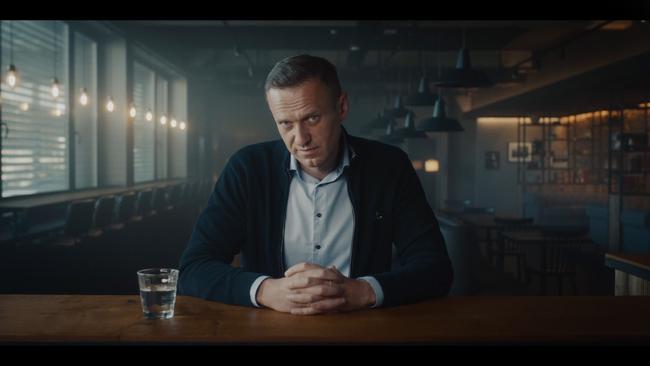



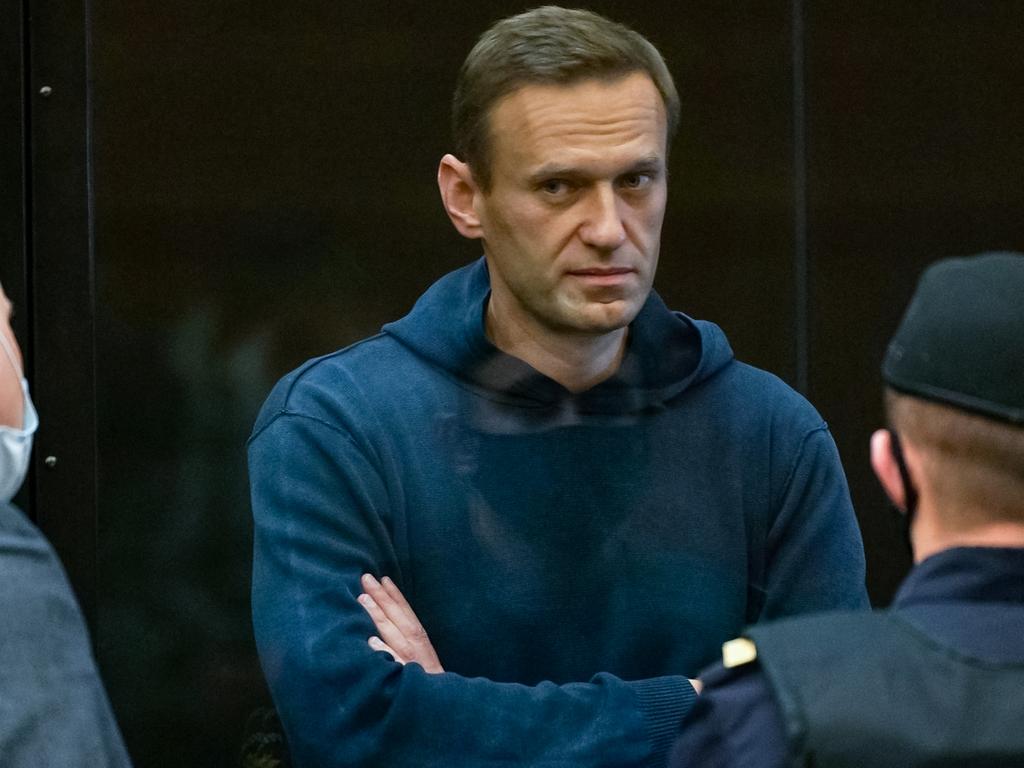
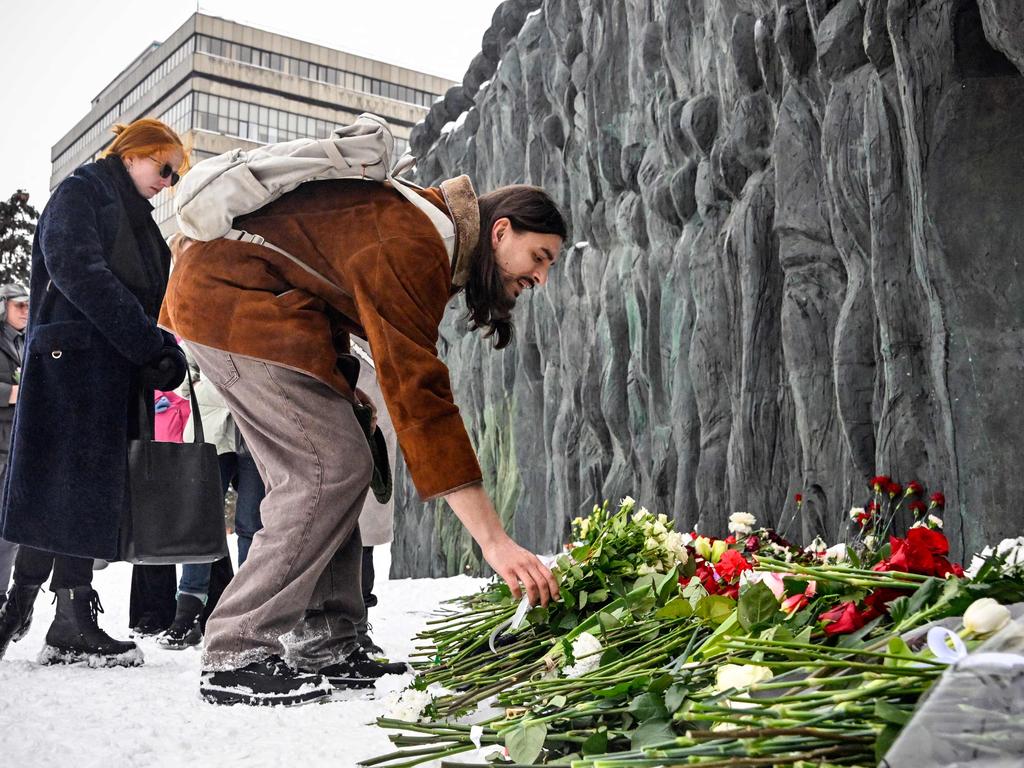
To join the conversation, please log in. Don't have an account? Register
Join the conversation, you are commenting as Logout